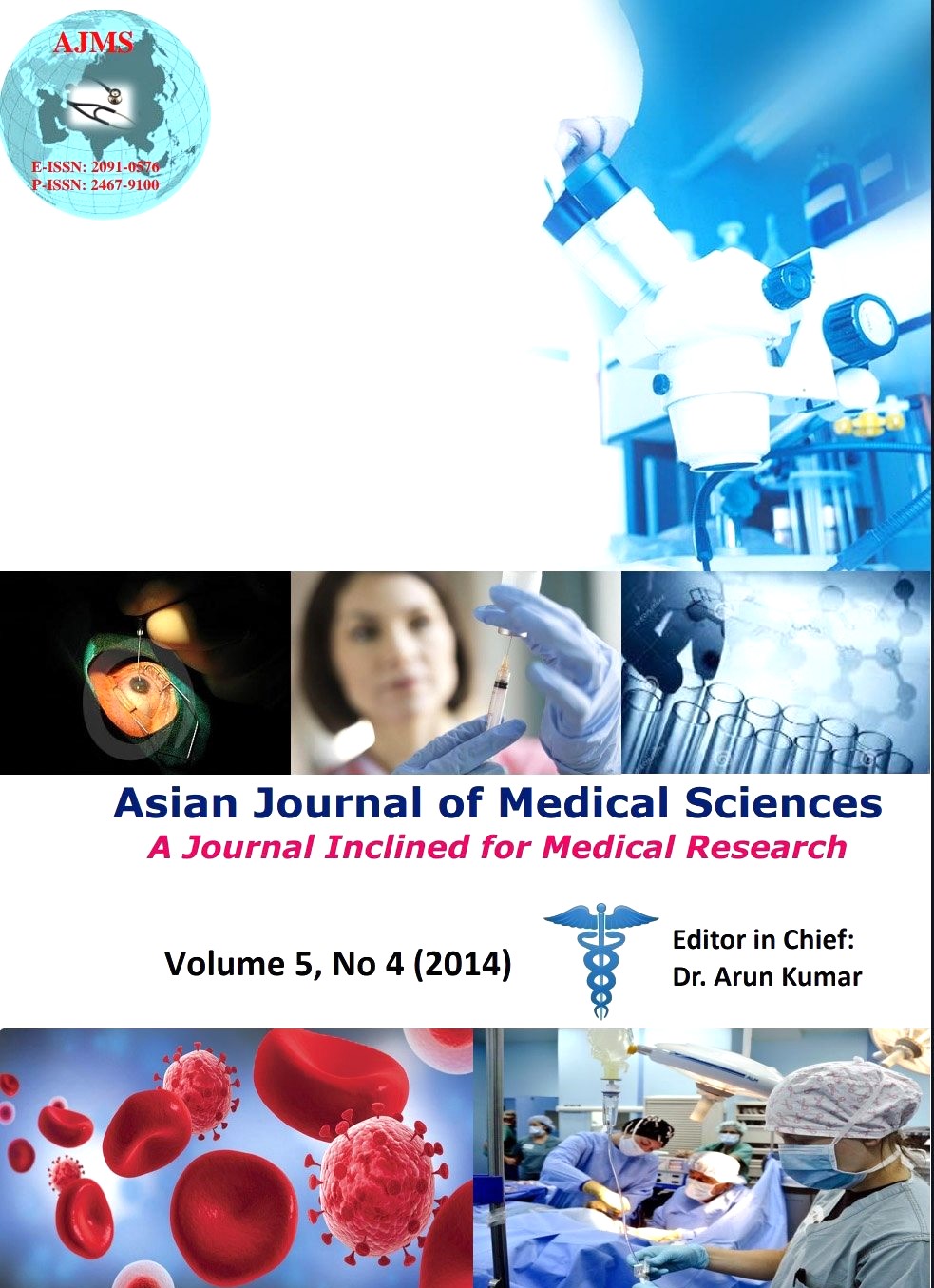Teenage pregnancy – A Socio-demographic study at a Rural Medical College Hospital in Southern India
Keywords:
Teenage pregnancy, Socio demographic factors, antenatal careAbstract
Aim: This study is aimed to analyze the socio-demographic factors of teenage pregnancy compared to adult pregnancies.
Method: A Hospital based prospective study of all teenage pregnant females admitted to Rural Medical College Hospital in Karnataka. Data was collected by detailed history taking and following up the patient from admission till delivery by using a proforma devised for the study. For each teenage two simultaneous adults primigravidas were studied.
Result: Most of teenage mothers (53.5%) haven’t had primary education itself compared to 8.1% in adults. In the present study, majority of the population 47.5% in teenage and 72.5% in adults belonged to middle socioeconomic class (upper and lower) and 43.75% of teenage belong to low socioeconomic class compared to 15% of adults. In my study 98% of the population belonged to rural area. 61.25% of teenage mothers were booked. In present study the TT Immunization was adequate for both the groups.
Conclusion: Teenage pregnancy is still a huge problem in India mainly related to early menarche, early age at marriage, low education, unemployment, joint family structure, lack of antenatal care. The problem of teenage pregnancy cannot be removed instead focus can be diverted towards reducing chances of early pregnancy which can be difficult for a teenage girl.
DOI: http://dx.doi.org/10.3126/ajms.v5i4.9970
Asian Journal of Medical Sciences 2014 Vol.5(4); 29-33
Downloads
Downloads
Published
How to Cite
Issue
Section
License
Authors who publish with this journal agree to the following terms:
- The journal holds copyright and publishes the work under a Creative Commons CC-BY-NC license that permits use, distribution and reprduction in any medium, provided the original work is properly cited and is not used for commercial purposes. The journal should be recognised as the original publisher of this work.
- Authors are able to enter into separate, additional contractual arrangements for the non-exclusive distribution of the journal's published version of the work (e.g., post it to an institutional repository or publish it in a book), with an acknowledgement of its initial publication in this journal.
- Authors are permitted and encouraged to post their work online (e.g., in institutional repositories or on their website) prior to and during the submission process, as it can lead to productive exchanges, as well as earlier and greater citation of published work (See The Effect of Open Access).




